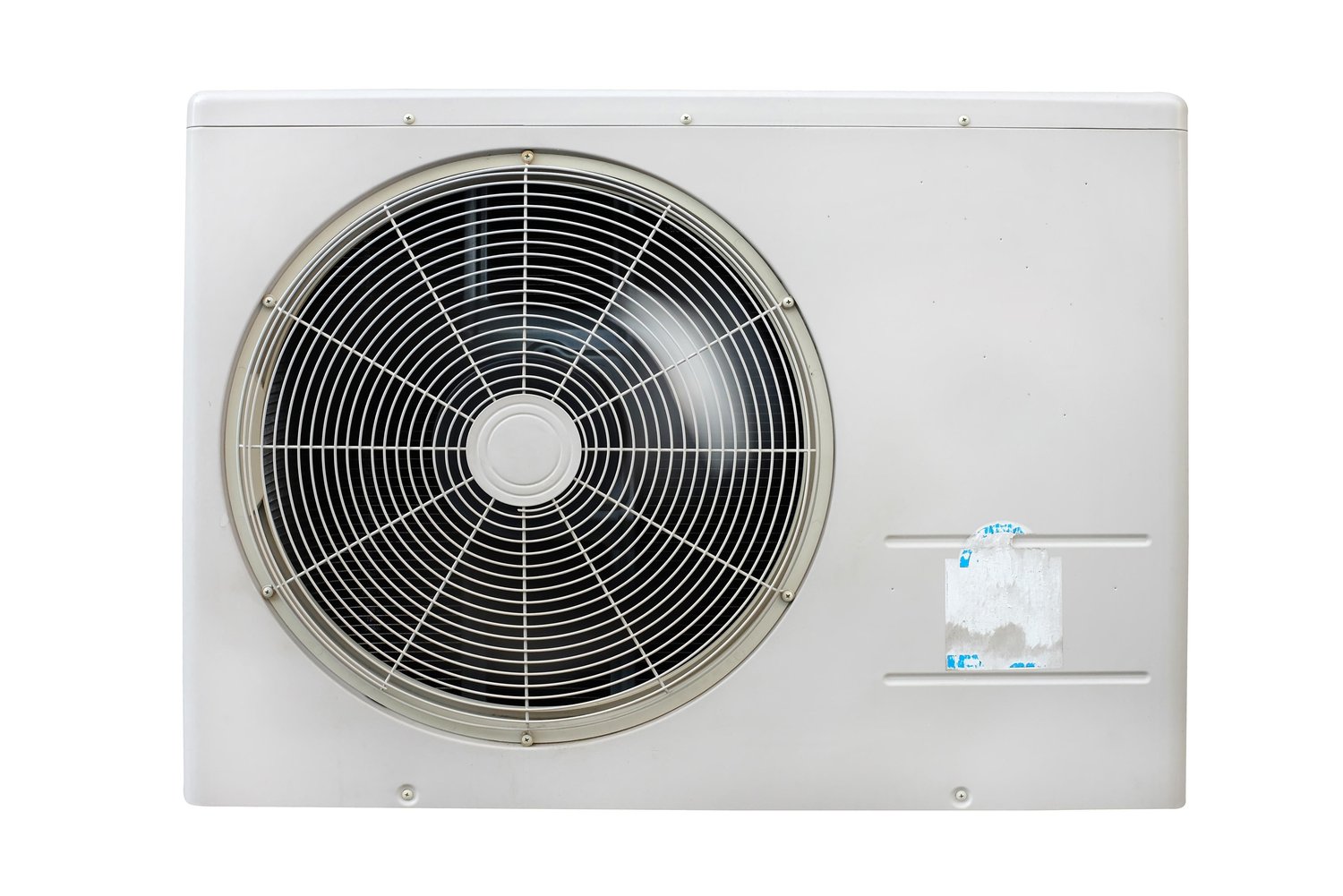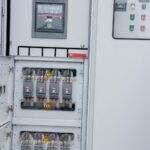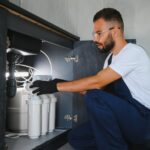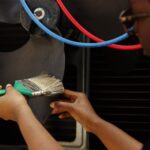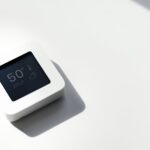The sizzling summer months should be a time when your heat pump efficiently cools your space. However, a frozen heat pump during this period is more than just a perplexing phenomenon—it can signal serious underlying issues. Understanding the causes and remedies for this anomaly not only ensures comfort but also protects your equipment from further damage.
- Discover how restricted airflow and low refrigerant levels contribute to your heat pump freezing in the summer.
- Learn the essential role of clean air filters in preventing freeze-ups and maintaining optimal performance.
- Explore advanced troubleshooting techniques, such as adjusting defrost settings and examining system components, to keep your heat pump functioning smoothly.
Tackling the root causes of heat pump freeze-ups empowers you to enjoy uninterrupted, efficient cooling. Dive into this article for actionable insights and share your thoughts or solutions in the comments!
Common Reasons Why Heat Pumps Freeze Up in Summer and How to Troubleshoot Defrost Cycle Issues
Heat pump freezing during summer months is a common challenge that many homeowners face. Understanding why this happens can help you identify and resolve issues quickly. One of the primary reasons for heat pump freeze-ups is restricted airflow. This can occur due to clogged filters or blocked vents, which hinder the efficient circulation of air essential for optimal cooling.
Another frequent cause is low refrigerant levels. Insufficient refrigerant disrupts the balance of the cooling system, leading to frost or ice forming on the evaporator coils. This not only affects cooling efficiency but can also cause long-term damage if not addressed promptly.
To troubleshoot these defrost cycle problems, begin with a thorough inspection of your unit. Check for any obstructions around the heat pump, ensuring all vents and pathways are clear. Next, verify the refrigerant levels by considering a professional diagnostic if necessary, as incorrect levels often require expert adjustment.
Addressing these issues early can prolong the life of your heat pump, maintaining efficient cooling throughout the summer. For further assistance, do not hesitate to consult with a certified technician who can offer precise guidance on more complex problems.
Inspecting and Cleaning Air Filters to Prevent Heat Pump Freezing
The role of clean air filters in the efficient functioning of heat pumps cannot be overstated. Dirty or clogged filters are notorious for causing restricted airflow, which collectively contributes to freezing issues during the summer. Regular inspection and maintenance of these components prevent such occurrences.
Inspect the air filters in your heat pump every few weeks during peak use times. If they appear dusty or filled with debris, it’s time for a clean. Many filters can be washed and reused; however, some may require replacement depending on their condition and type.
Consistently maintaining clean filters not only prevents frost accumulation but also supports the energy efficiency of the entire system. A well-maintained heat pump promotes better air quality and extends the unit’s lifespan, reducing the likelihood of costly repairs down the line.
By giving attention to your air filters, you safeguard your cooling system against freeze-ups while ensuring a more comfortable home environment during the hottest parts of the year.
Advanced Tips for Effective Defrost Cycle Troubleshooting in Heat Pumps During Summer Heat
A heat pump freeze-up during the sweltering summer months can be a frustrating issue that impacts your cooling system’s efficiency. By addressing defrost cycle issues effectively, you can ensure smooth operation and maintain comfortable indoor temperatures. Here, we delve into some advanced troubleshooting techniques to help you tackle these challenges with confidence.
Firstly, examine the defrost control settings. Modern heat pumps often come equipped with automatic and adjustable controls. Ensure that the settings are optimally configured for summer operations. Consult the unit’s manual or a professional for guidance if needed. This simple step can prevent unnecessary ice buildup on the coils, which leads to improved performance.
Next, inspecting the system components is crucial. Begin with the reversing valve, which manages the direction of refrigerant flow and is an integral part of the defrost cycle. Look for any signs of a malfunction, such as leaks or unusual noises, and seek professional help if repairs are necessary. A malfunctioning reversing valve can significantly hinder the heat pump’s ability to defrost.
In addition, it’s important to regularly check the thermostat settings. Ensuring the thermostat is accurately calibrated and set to the desired temperature can prevent the heat pump from overworking itself, thereby reducing the chances of freezing. Proper thermostat functioning is essential for maintaining a balance between heating and cooling demands during summer.
Lastly, inspect the outdoor unit for any obstructions. Debris, dirt, or foliage can block airflow around the condenser, causing inefficient heat transfer and potential freeze-ups. Regular maintenance by clearing the area surrounding the unit will promote better ventilation and defrost cycle performance.
Implementing these advanced tips will not only address present issues but also improve the overall efficiency of your heat pump. By proactively maintaining your system, you can enjoy uninterrupted cooling and extend the lifespan of your equipment during the demanding summer months.
Frequently Asked Questions about Heat Pump Freeze-Ups in Summer
What causes a heat pump to freeze in summer?
- Restricted airflow due to dirty air filters or blocked vents
- Low refrigerant levels
- Malfunctioning defrost cycle
How can I troubleshoot a frozen heat pump?
- Inspect and clean or replace air filters
- Ensure adequate refrigerant levels
- Check defrost control settings
Why is the defrost cycle important?
The defrost cycle prevents ice buildup on the heat pump coils, ensuring efficient operation.
When should air filters be cleaned?
Air filters should typically be cleaned or replaced every 1-3 months, depending on usage and environmental factors.
What are advanced troubleshooting tips for the defrost cycle?
- Examine defrost control board settings
- Inspect sensors and thermostats
- Check for mechanical obstructions

